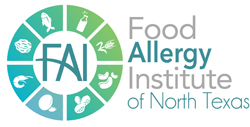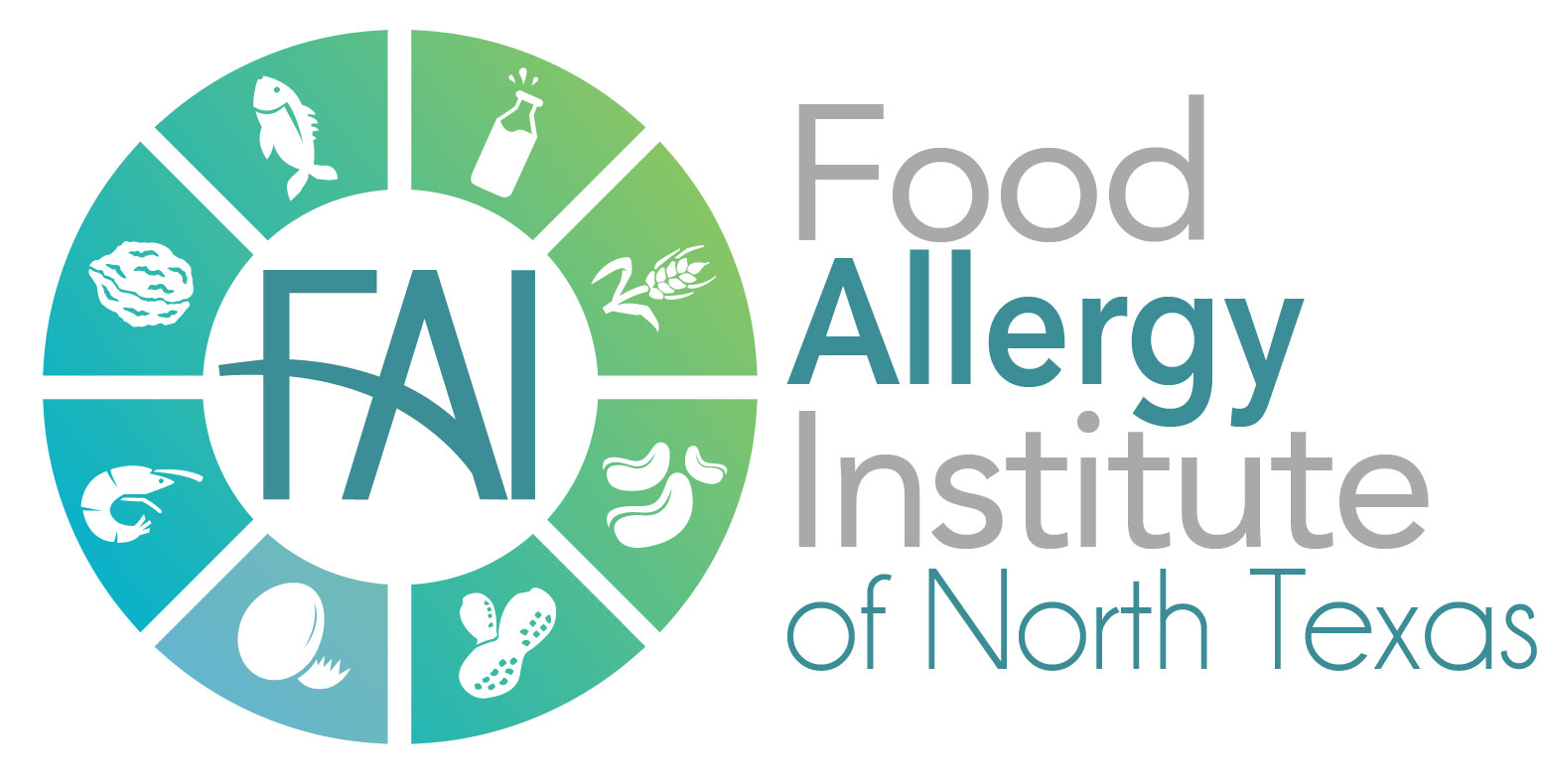29 Jan Winter Nutrition
Looking to boost your immunity during cold and flu season?
It is not uncommon for many of us to hibernate at this time of the year. Comfort foods, and sedentary living can set us up for bad behaviors, which can easily snowball.
Being physically active and eating healthy both play a big role in maintaining a healthy immune system.
Try some of these dietary practices to keep yourself well.
Eat foods rich in antioxidants, beta-carotene, and zinc. These essential nutrients protect the body against life’s stressors and play a role in the body’s cell protection system by neutralizing free radicals. Rich food sources include: apricots, asparagus, beef liver, beets, broccoli, cantaloupe, carrots, corn, guava, kale, mangoes, mustard, and collard greens, nectarines, peaches, pink grapefruit, pumpkin, squash (yellow and winter), sweet potato, tangerines, tomatoes, and watermelon.
While vitamin C may not prevent or cure a cold, research suggests that it may shorten the duration of a cold. Registered Dietitian, Gloria Tsang, recommends 1,000mg of vitamin C daily (either in food or supplement form) to make a cold milder and shorten it’s duration by up to one day.
Foods rich in Vitamin C include: broccoli, cantaloupe, cauliflower, kale, kiwi, orange juice, papaya, red, green, or yellow pepper, sweet potato, strawberries, and tomatoes.
Realize that all fruits and vegetables provide a variety of nutrients that play a unique role in fighting infections. If produce is too expensive at this time of the year, try frozen varieties. They are also a great source of nutrients as produce is frozen at it’s nutritional peak. Or, you can also try seasonal varieties to boost your intake. Pomegranates, cranberries, citrus fruits, grapes, and root vegetables, are all great choices.
Don’t shy away from dairy products even if you are suffering from a cold or flu. It is a common myth that this food group increases mucus production, while that is not the case. Dairy products can soothe a sore throat and these foods provide a healthy source of nutrients.
Foods rich in phytochemicals are also important in a healthy diet and are abundant in plant sources. A diet rich in fruits, vegetables, and whole grains will boost your phytochemical intake. Rich sources include: apples, apricots, broccoli, Brussels sprouts, cabbage, carrots, cauliflower, garlic, legumes, onions, red peppers, soybeans, sweet potatoes, and tomatoes.
Finally, polyphenols found in green teas have been shown to stimulate production and activity of specific cells associated with combating viruses. Tea is also soothing during the winter months so enjoy your tea as much as you can.
Stay healthy and eat well this season! The benefits are enormous.


